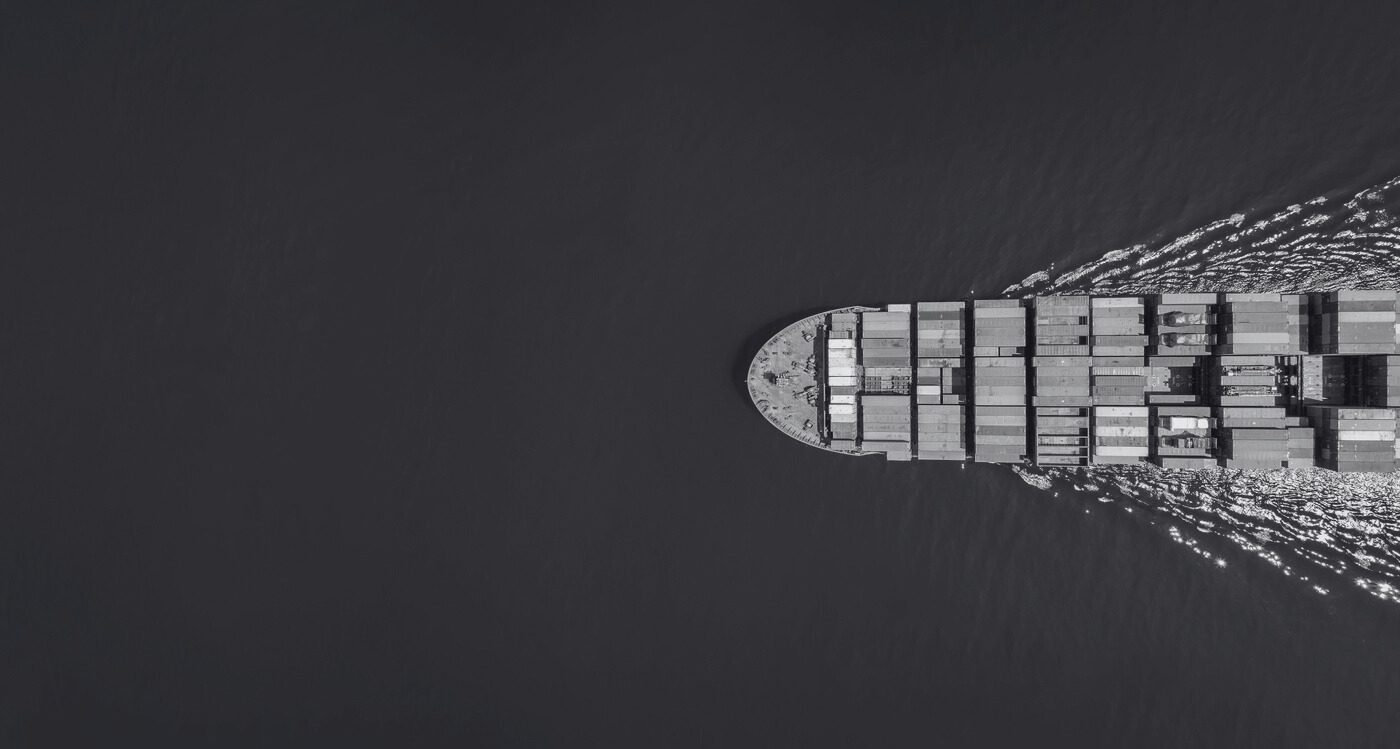The Marine Accident Investigation Branch (MAIB) has last week issued a consultation proposing reform to the Merchant Shipping (Accident Reporting and Investigation) Regulations. These regulations stem from 2012 and so have not been updated for some time. The intention is to revoke and replace existing legislation, refreshing it to better reflect changing national and international requirements and obligations. This will come through better alignment with the IMO code, a simplification and clarification of the 2012 regulations, the removal of irrelevant EU legislation and the addition of criminal offences and penalties to existing requirements.
Interpretation
The Consultation proposes removing the category of Serious Marine Casualty (an EU requirement). Several definitions such as “serious injury”, “severe pollution” and “very serious marine casualty” will also be updated to more closely reflect IMO terminology. Some details will also be clarified or simplified, for example that the loss of a ship will not automatically trigger an investigation by classifying the event as a “very serious marine casualty.”
Duty to Report
The Duty to Report undergoes a number of changes, extending to include watercraft (specifically commercial craft under 8m in length when operating in harbour or inland waterways). Additionally, the updated regulation will incorporate definitions for “intended pleasure vessels” and “recreational craft” which have otherwise been reflected in other regulation. The updates will also provide greater clarity by better articulating the twin components of reporting (examining the circumstances of an accident and providing a report to the Chief Inspector). Building on this desire for clarity there will be an express exemption to the automatic reporting of an accident. This is because the MAIB’s jurisdiction only extends to UK ships in UK waters and so provenance of a ship is subject to the Chief Inspector’s determination.
Safety Investigations: Ordering and Discontinuing Evidence
The ordering of an investigation and preservation of evidence will also undergo some changes as well as an effort to improve readability. In short, investigations into accidents involving both passenger and cargo vessels greater than 500gt will remain mandatory while investigations into smaller vessels will become discretionary. This is to allow the MAIB to allocate resources to those accidents with the greatest potential for safety learning. Further, the requirement to conduct preliminary investigations for every marine casualty will be removed along with the requirement to begin an investigation within 2 months. However, the inspector will retain the power to gather evidence prior to making the decision to investigate and will still have to begin an investigation as soon as reasonably possible. Similarly, there is now only a requirement to record the reasons for turning down an investigation, not the details of any decision.
Safety Investigations: Conduct
The regulations covering the conduct of a safety investigation are perhaps those which undergo the most change with new regulations created, existing regulations combined, and greater clarity sought throughout. A new regulation will reflect modern standards and will clarify the duties of both the Chief Inspector and the ship owner regarding the return/disposal of evidence relating to an accident. Regulations will be amended to protect the information in documents from disclosure, rather than just the documents themselves. The intention is to encourage disclosure by protecting correspondence between parties and an inspector. In a similar vein, Independent Technical Analyses will also be added to the list of materials not to be disclosed unless approved by the Chief Inspector. In addition, information provided by other Nation States cannot be disclosed without said State’s approval.
There has been some evidence that witnesses have been pressured to provide statements which can be used for activity beyond the scope of the MAIB, namely to determine liability. To prevent this the rules will be changed to limit releasing witness statements to third parties to better acknowledge the spirt of confidentiality which underpins safety investigations.
The new regulations also seek to clarify those investigative materials which can be shared with other authorities. These are: physical evidence, data from recording systems, images of the scene, and independent technical analysis. It is worth noting that such information can only be shared with other statutory authorities and such sharing is at the discretion of the Chief Inspector.
Operational experience has resulted in several proposed changes to match time obligations on Chief Inspectors to the IMO Code, clarifying an Inspector’s ability to publish urgent notifications to assist investigations and removing simplified reports as a separate category. There will also be greater clarity on the limitations of disclosure for those other than the Chief Inspector.
The regulations on the publication of MAIB reports will also be changed with the entirety of any report which utilised an inspector’s powers deemed inadmissible in any judicial proceeding unless determined otherwise by the Court. The Chief Inspector will however now be able to share safety lessons outside of existing reposts or investigations.
Offences and Penalties
Offences and penalties have undergone changes as well with several offences having their penalties removed while others have had stronger penalties introduced. These include additional sanctions for those masters or owners who fail to examine accidents and pass information on to the Chief Inspector and to those who fail to preserve evidence. A sanction has also been added requiring consideration and a response to Inspector recommendations within 30 days. These additional sanctions are balanced by the removal of the obligation which required those with knowledge to provide it if requested by the Chief Inspector.
Revocation
Finally, several pieces of obsolete EU regulation have been removed as they are no longer applicable following the UK’s departure from the EU.







